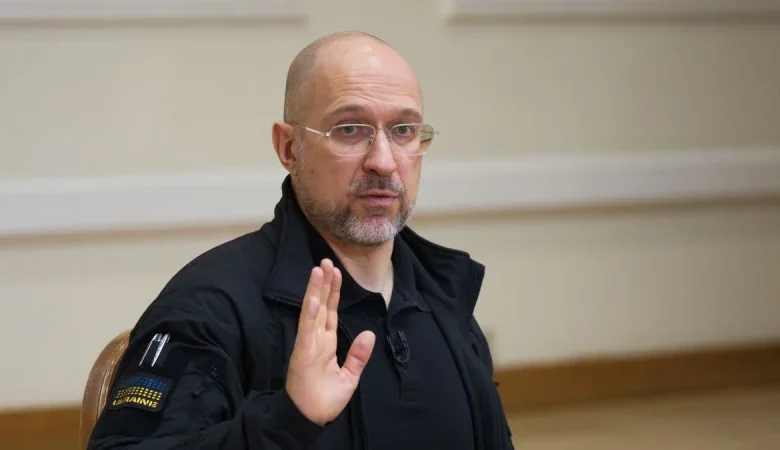
Prime Minister Denys Shmyhal submitted his resignation. That’s what he’s about reported On July 15, in his social networks, publishing a photo of the document and thanking Volodymyr Zelenskyi, the military and the government team.
Photo: t.me/Denys_Smyhal
The head of the Cabinet of Ministers, who has held this position since March 2020, became the longest-serving prime minister in the history of independent Ukraine. His government lasted more than five years, a period that spanned the COVID-19 pandemic and a full-scale Russian invasion.
According to the Constitution of Ukraine, the resignation of the prime minister automatically terminates the powers of the entire government.
We will remind, on July 13, Shmyhal held a meeting with the president, as a result of which Volodymyr Zelenskyi announced serious personnel and management changes. The next day, the president announced that he had offered Yulia Svyridenko, First Deputy Prime Minister and Minister of Economy, to lead the new government.
During Shmyhal’s tenure at the head of the Cabinet, a number of structural reforms were carried out. His government initiated changes to the social insurance system, modernization of education, new approaches to public investment and large-scale privatization. In 2024, revenues from privatization amounted to almost 10.5 billion hryvnias, another 344 million — from the lease of agricultural land.
Among the implemented programs are the “eOselya” state mortgage, grants for small businesses within the “eRobota” framework, support for domestic production of equipment, industrial parks, compensation for energy equipment, as well as the “5-7-9” program for preferential lending.
During this period, the government implemented an administrative and territorial reform, as a result of which about 1,400 communities were formed instead of more than 11,000 councils. The Shmyhal government was also involved in the launch and development of the Diya digital service, which covers more than 130 government services for citizens and businesses.
In the field of security and energy, the prime minister noted the growth of the domestic defense industrial complex – 35 times in three years – to 35 billion dollars in 2025.





